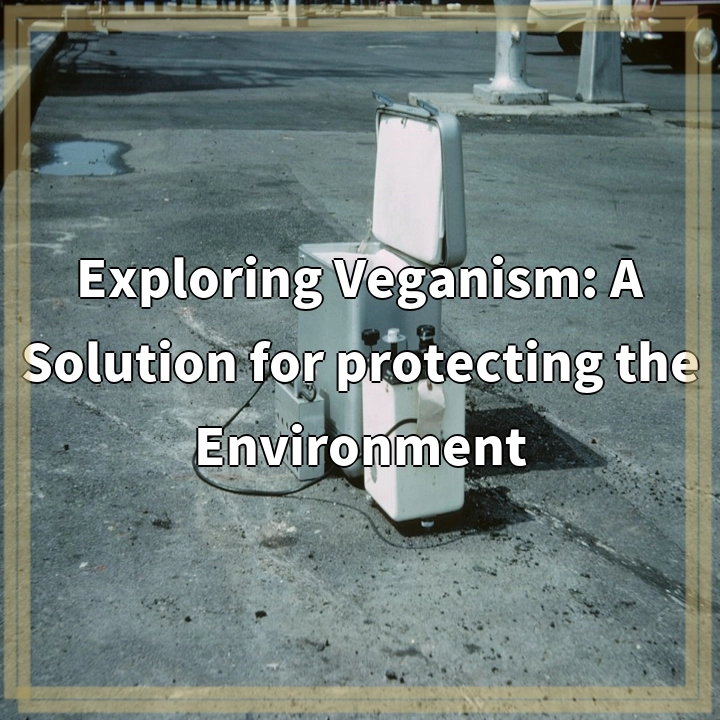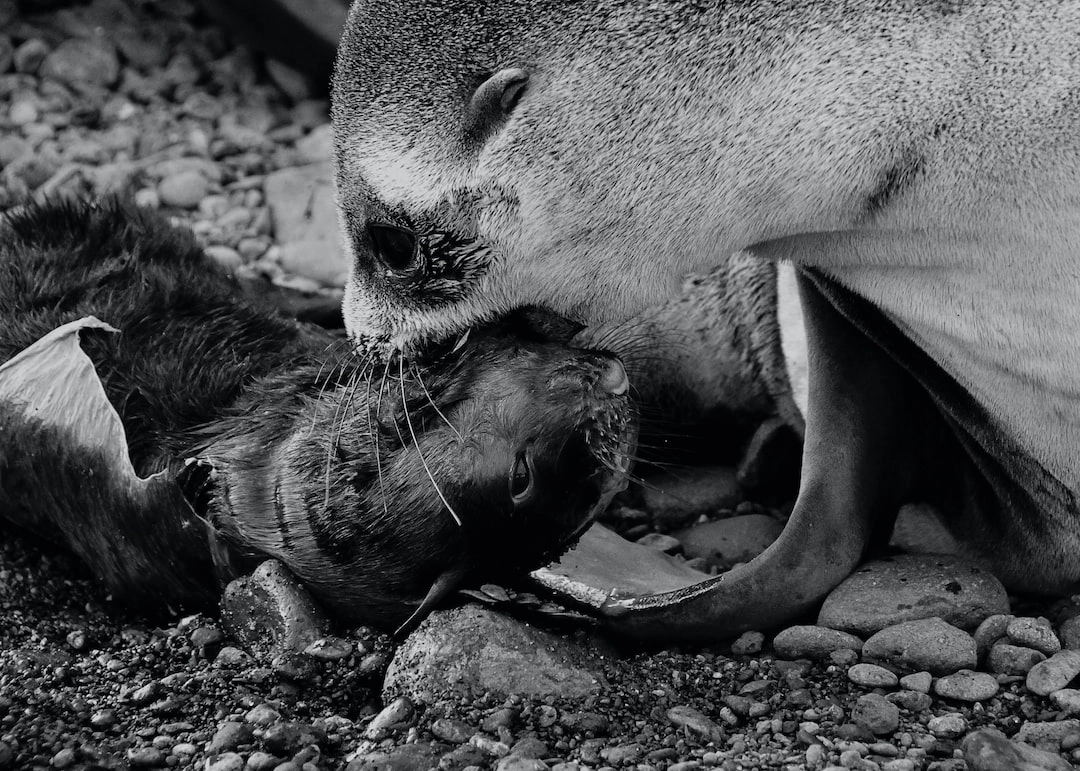
What is Veganism?
Veganism is a lifestyle and dietary choice that involves abstaining from the consumption of animal products. It goes beyond a mere change in food preferences and extends to avoiding animal-derived ingredients in clothing, personal care products, and other areas of life. Veganism is driven by the belief that all animals have the right to live free from harm, and its proponents advocate for the ethical treatment of animals.
Exploring the Link between Veganism and Environmental Protection
Veganism has gained attention not only for its impact on animal welfare but also for its potential to contribute to environmental protection. Several environmental issues are associated with animal agriculture, and adopting a vegan lifestyle can help mitigate these challenges.
Reducing Greenhouse Gas Emissions
Animal agriculture is a significant contributor to greenhouse gas emissions, particularly methane emissions from livestock. By reducing the demand for animal products, veganism can help lower greenhouse gas emissions and combat climate change.
Conserving Water and Land Resources
The production of animal products requires vast amounts of water and land resources. Livestock farming requires substantial amounts of water for feed crops and drinking water for animals. Additionally, large areas of land are needed for grazing livestock and growing feed crops. Adopting a plant-based diet can help reduce water consumption and land degradation associated with animal agriculture.
Preserving Biodiversity
Animal agriculture is a leading cause of deforestation, as forests are cleared to make way for grazing pastures or to cultivate feed crops. This destruction of natural habitats threatens biodiversity, including the loss of endangered species. Choosing a vegan lifestyle supports efforts to preserve and protect ecosystems and the diverse species that inhabit them.
Real-World Problems Associated with Veganism
While veganism offers potential solutions for environmental protection, it also faces certain challenges and criticisms. These issues should be acknowledged and addressed to promote a more balanced understanding.
Access and Affordability
In some areas, access to a wide variety of affordable plant-based food options may be limited, making it challenging for individuals to adopt a vegan diet. Additionally, the affordability of plant-based alternatives, such as vegan meat substitutes, can be a barrier for some people.
Nutritional Considerations
A well-planned vegan diet can provide all the necessary nutrients for a healthy life. However, it requires careful attention to ensure an adequate intake of essential nutrients like vitamin B12, iron, and omega-3 fatty acids. Individuals considering veganism should seek proper guidance to meet their nutritional needs.
Social and Cultural Factors
Veganism can sometimes face social and cultural challenges. Among families and communities where the consumption of animal products is deeply ingrained, adopting a vegan lifestyle may be met with resistance or confusion. Building understanding and acceptance through open dialogue is essential to navigate these challenges.
By exploring the link between veganism and environmental protection, we can recognize the potential benefits it offers for mitigating environmental issues associated with animal agriculture. Understanding the potential challenges and drawbacks helps us address them constructively and promote a more sustainable and compassionate world.

Solutions for Protecting the Environment through Veganism
Adopting a vegan lifestyle presents several solutions to mitigate environmental problems associated with animal agriculture. Here are some key solutions:
1. Reducing Greenhouse Gas Emissions
Veganism helps lower greenhouse gas emissions by reducing the demand for animal products, thereby combating climate change.
2. Conserving Water and Land Resources
A plant-based diet reduces the water consumption and land degradation associated with animal agriculture, contributing to the conservation of precious resources.
3. Preserving Biodiversity
Choosing a vegan lifestyle supports efforts to preserve ecosystems and protect endangered species by reducing deforestation driven by animal agriculture.
Considerations for Embracing Veganism
While veganism offers environmental benefits, it is important to consider the following factors:
1. Access and Affordability
Improving access to affordable plant-based food options can make it easier for individuals to adopt a vegan diet and promote inclusivity.
2. Nutritional Considerations
Ensuring a well-planned vegan diet that meets all nutritional needs, especially for essential nutrients, is important. Seek guidance to maintain optimal health.
3. Social and Cultural Factors
Addressing social and cultural challenges surrounding veganism requires open dialogue, understanding, and building acceptance within communities.
By embracing veganism and considering these solutions, individuals can make a positive contribution to environmental protection and work towards a more sustainable and compassionate world.















